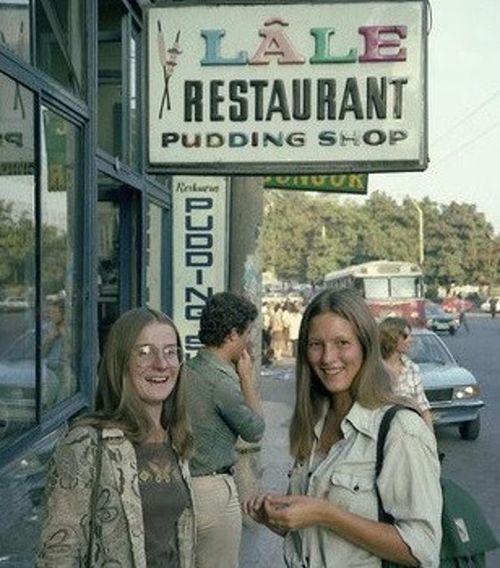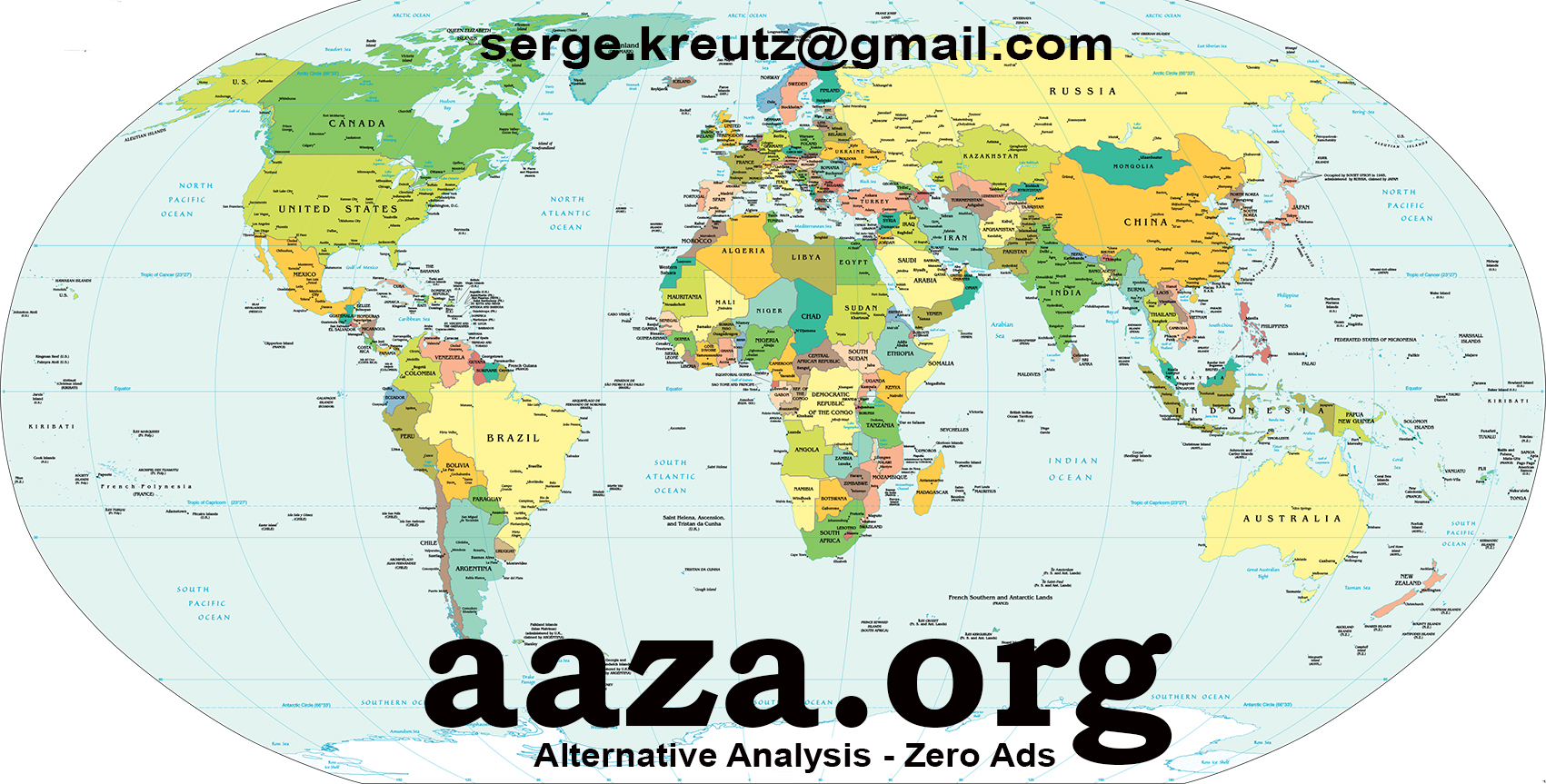
Remember when borders were doors, not walls? From the mid-1950s into the late 1970s, you could go overland from Europe toward India, Nepal—many even pushed on to Southeast Asia and Australia—by simply showing up at crossings. If a visa was required, it was often a same-day or next-day stamp, a shrug, and you were on your way (HistoryExtra, 2021; Hippie trail, n.d.). The outlier was Burma (Myanmar): the overland segment was typically shut, so travelers hopped a flight and kept rolling (Hippie trail, n.d.).
It wasn’t just easy; it felt safe. Kabul’s Chicken Street buzzed with travelers. Iran’s highways carried “magic buses.” Even through Afghanistan and Baluchistan in Pakistan, the trail community swapped tips, tea, and rides; risk existed, but random strangers were more likely to offer melon than menace (HistoryExtra, 2021).
Then the world flinched. The 1979 Iranian Revolution and the Soviet invasion of Afghanistan snapped the route like a dry twig. The once-porous corridor hardened; embassies gated up; the trail dimmed (Hippie trail, n.d.).
Today’s verdict? Border regimes everywhere. Paperwork metastasized into portals, pre-clearances, interviews, biometrics, API, and “risk scoring.” The default posture has flipped from presumption of passage to presumption of denial. The spontaneity that defined the Hippie Trail—freedom to drift, decide, and deviate—has been replaced by itineraries that must be approved before you dream them.
We didn’t just lose a route—we lost a right. Movement once felt like a human constant. Now it’s a licensed privilege. The Hippie Trail wasn’t naïve nostalgia; it was proof that openness scales. If we built it once—on kindness, curiosity, and trust—we can choose it again. But first we have to admit what’s gone: a continent-spanning invitation that required little more than courage, time, and a passport.
